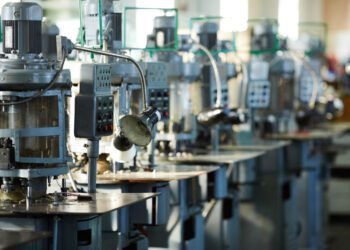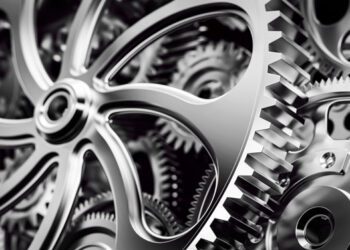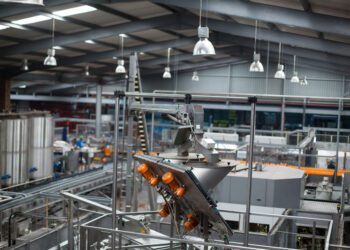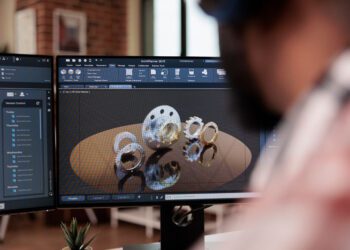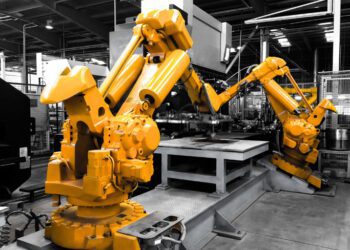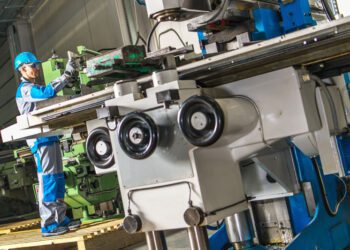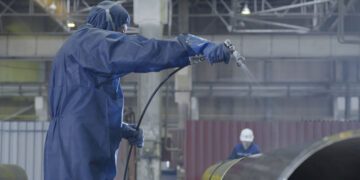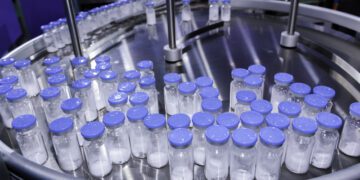In an era characterized by rapid technological advances and an ever-increasing demand for efficiency, the heavy machinery manufacturing industry is undergoing a significant transformation. “At the crossroads of innovation and industry, lies the promise of precision and productivity.”
The Traditional Manufacturing Landscape
Historically, heavy machinery manufacturing relied on skilled labor, raw materials, and rudimentary tools. While effective, this approach had its limitations in terms of scalability, precision, and customization.
Revolutionizing the Process: Advanced Technologies
The infusion of technology into manufacturing processes has heralded a new age of precision, efficiency, and adaptability. Let’s delve into some of these transformative technologies:
Computer Numerical Control (CNC) Machines: These are automated milling devices that make industrial components without direct human assistance. They use coded instructions and are faster and more precise than human-operated machines.
Robotics and Automation: Robotic arms and automated assembly lines have taken over tasks that were traditionally manual. This has led to increased production speeds and reduced human errors.
3D Printing: Additive manufacturing or 3D printing allows for the creation of intricate parts and prototypes with high precision. This is particularly valuable for bespoke components or limited-run items.
Artificial Intelligence (AI) and Machine Learning: These technologies help in predictive maintenance, forecasting production challenges, and optimizing machine operations for enhanced efficiency.
Augmented Reality (AR) and Virtual Reality (VR): AR and VR are revolutionizing training and machine maintenance. They provide immersive experiences, enabling technicians to learn and troubleshoot in a virtual space.
The Benefits of Technological Integration
The integration of advanced technologies into heavy machinery manufacturing offers several advantages:
Enhanced Precision: Achieving exact specifications and tighter tolerances becomes feasible.
Scalability: Automated processes can be scaled up or down based on demand, ensuring flexibility.
Cost-Efficiency: While the initial investment might be high, the long-term savings in terms of reduced wastage, faster production times, and lower human resource costs are significant.
Customization: Meeting specific client demands with bespoke solutions becomes simpler.
Looking Ahead: The Future of Manufacturing
The future beckons with even more advancements. Quantum computing might revolutionize simulations and process calculations. Nanotechnology could introduce materials and components with enhanced properties. The convergence of these technologies promises a future where heavy machinery manufacturing is not just about scale but also about intelligent, efficient, and tailored solutions.
In essence, the heavy machinery manufacturing industry, armed with advanced technologies, is poised to redefine precision and productivity in the coming years.



